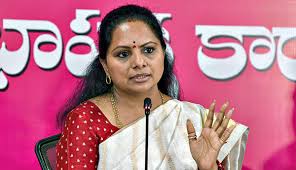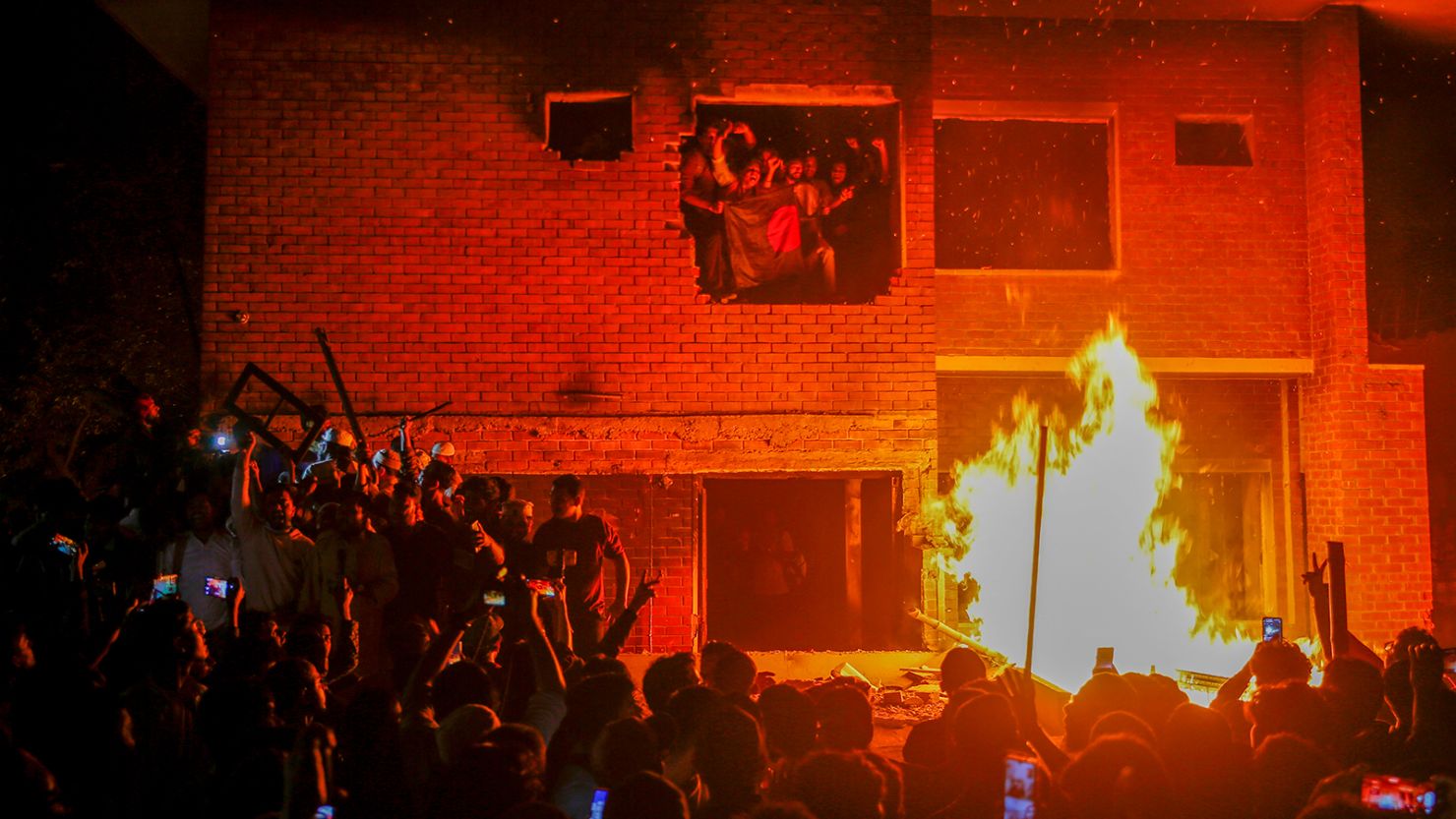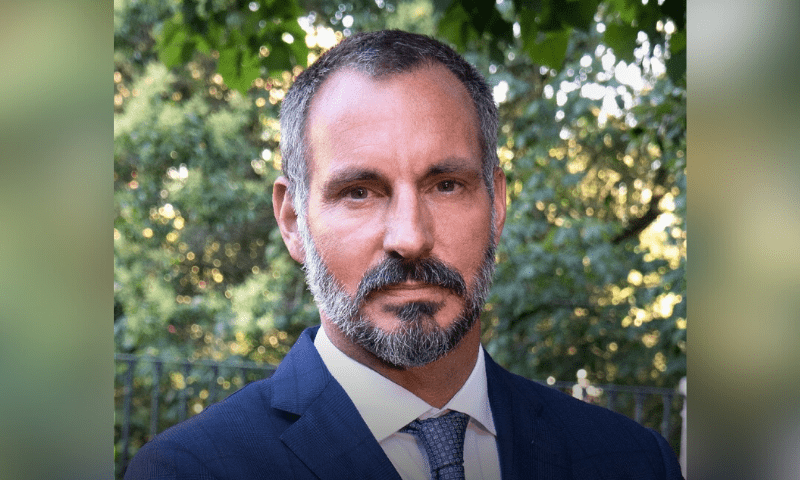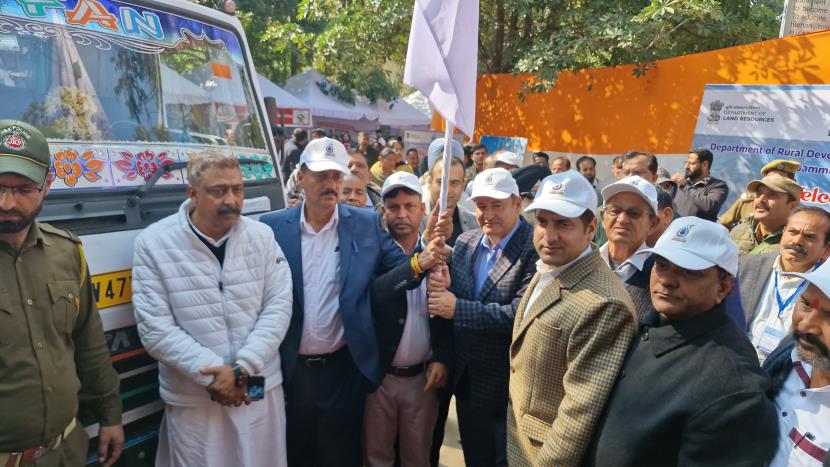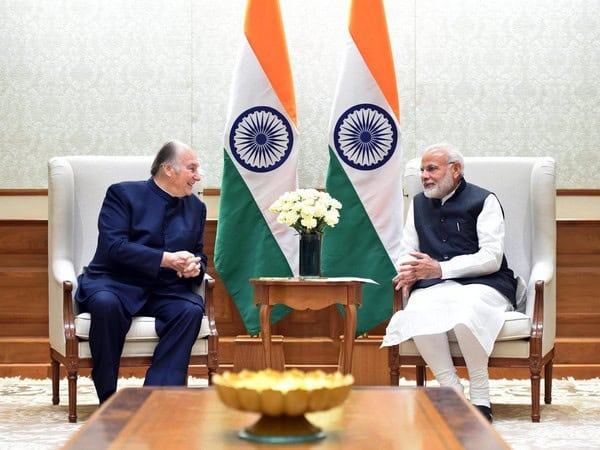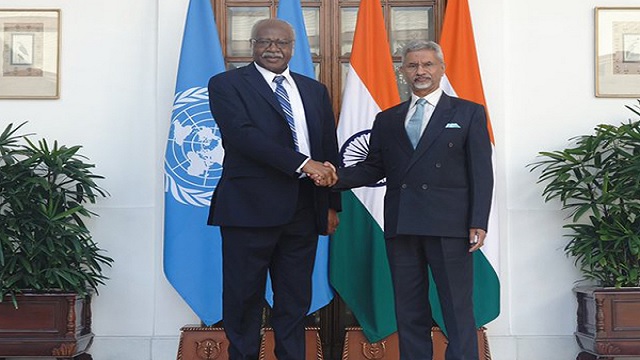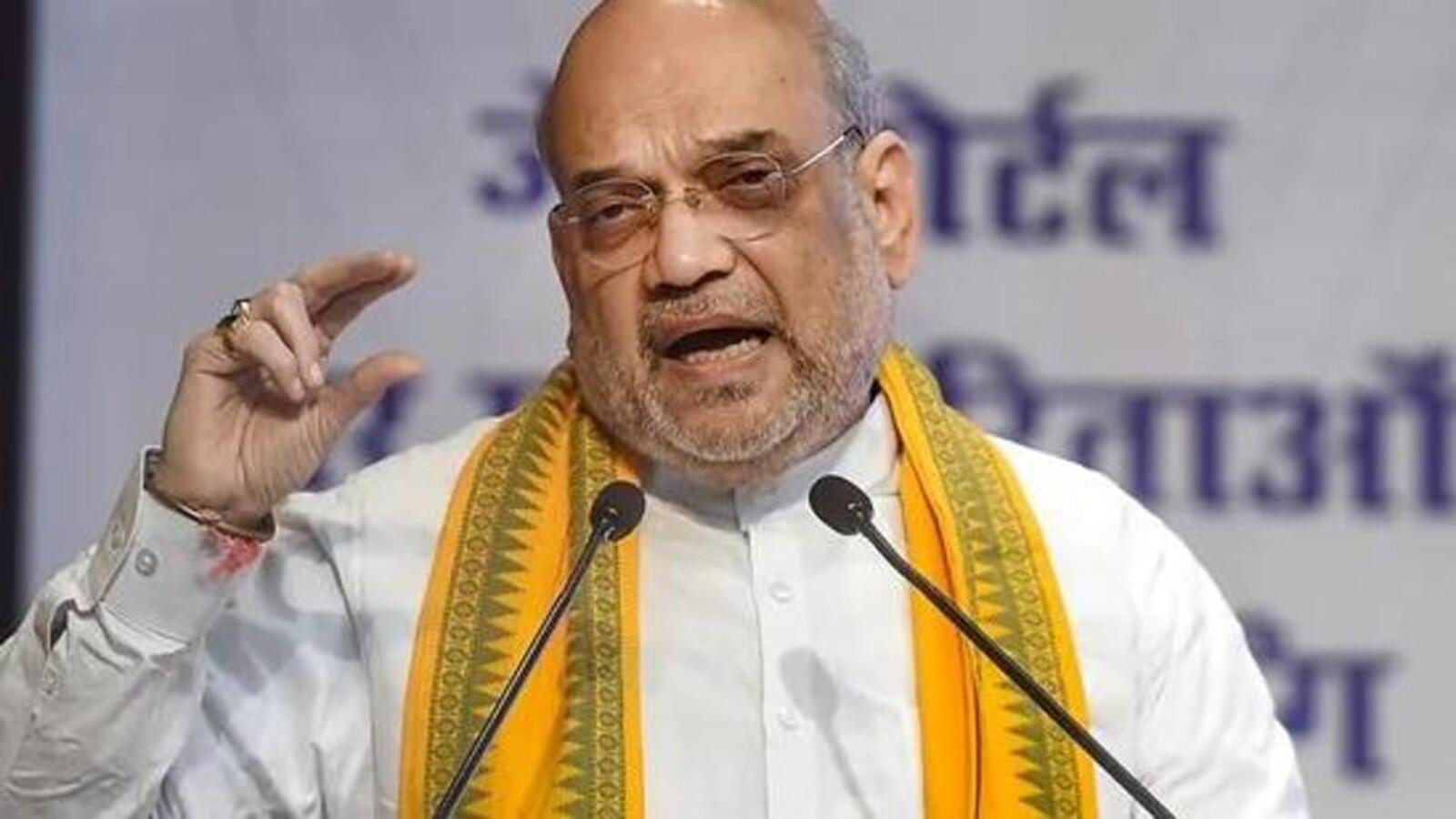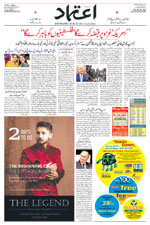Talaq through post card, SMS valid
Fri 07 Apr 2017, 15:48:29
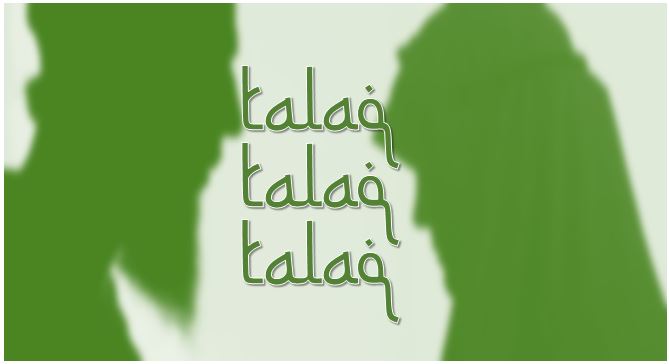
Hyderabad: Talaq will take place even if it is given by way of post card, SMS or WhatsApp message. These are primarily means of communication and if the talaq is conveyed by any of these methods to the person concerned, it will take effect, said Moulana Khalid Saifullah Rahmani, secretary, All India Muslim Personal Law Board (AIMPLB).
“It is not necessary that talaq should be pronounced face to face only”, said the globally-known scholar. Participating in a seminar on ‘Muslim Personal Law and Current Issues’ here on Thursday, Rahmani expressed surprise at the objections being raised for talaq through internet. When the courts were hearing cases online and import/export business was taking place online, what was wrong if someone pronounced talaq through internet, he said.
He, however, maintained that talaq remained the most undesirable thing in Islam and so was the practice of uttering triple talaq in one sitting.
A large number of law students from Osmania University, Sultanul Uloom College of Law and Bhaskar Law College attended the seminar organised by the Tafheem-e-Shariat Committee for Women, AIMPLB.
Moulana Rahmani, who dwelt at length on talaq, concepts and clarifications, said while talaq was a distasteful act, it was the only way to avoid more distasteful things when there was no compatibility between husband and wife.
Courts were also empowered to dissolve the marriage but those approaching them had to wait for years, he said, and cited the case of a woman
who secured divorce 24 years after she filed petition.
who secured divorce 24 years after she filed petition.
By itself talaq was not an issue but media had made it a burning issue. The divorce rate among Muslims was the least in the country as Islam insisted on resolution of differences between couples through arbitration and conciliation. Divorce was only the last option when everything else failed and even this had to be followed in three stages, said Rahmani, who is considered an authority on Islamic jurisprudence.
Beginning this month, he said classes in Muslim Personal Law would be organised for advocates and students of law in Hyderabad. The classes would be held on Saturdays where detailed talks would be given on nikah, talaq, maintenance, inheritance, wakf covering different aspects of Shariat Application Act of 1937. Non-Muslims were also welcome to attend these sessions, Rahmani said.
He said the AIMPLB had decided to hold such classes in Hyderabad and Delhi. He also proposed orientation classes for young boys and girls who were about to marry and for those who were just married so that they get useful tips on leading a happy life. Such classes were being held in Malaysia, he said.
Dr Quddusa Sultana, Department of Electronics and Communication Engineering, Osmania University, gave a power point presentation on inheritance for women in Islam. Through pie diagrams, she said different family scenarios where women inherited more than men. “The difference is not because of gender but because of financial responsibilities,” she said.
No Comments For This Post, Be first to write a Comment.
Most viewed from Hyderabad
Most viewed from World
AIMIM News
Delhi Assembly polls: Owaisi leads Padyatra in Okhla
Feb 01, 2025
We reject this Waqf Amendment Bill: Asaduddin Owaisi
Jan 30, 2025
Latest Urdu News
Most Viewed
May 26, 2020
Which political party will win the Delhi Assembly polls to be held on Feb 5?
Latest Videos View All
Like Us
Home
About Us
Advertise With Us
All Polls
Epaper Archives
Privacy Policy
Contact Us
Download Etemaad App
© 2025 Etemaad Daily News, All Rights Reserved.


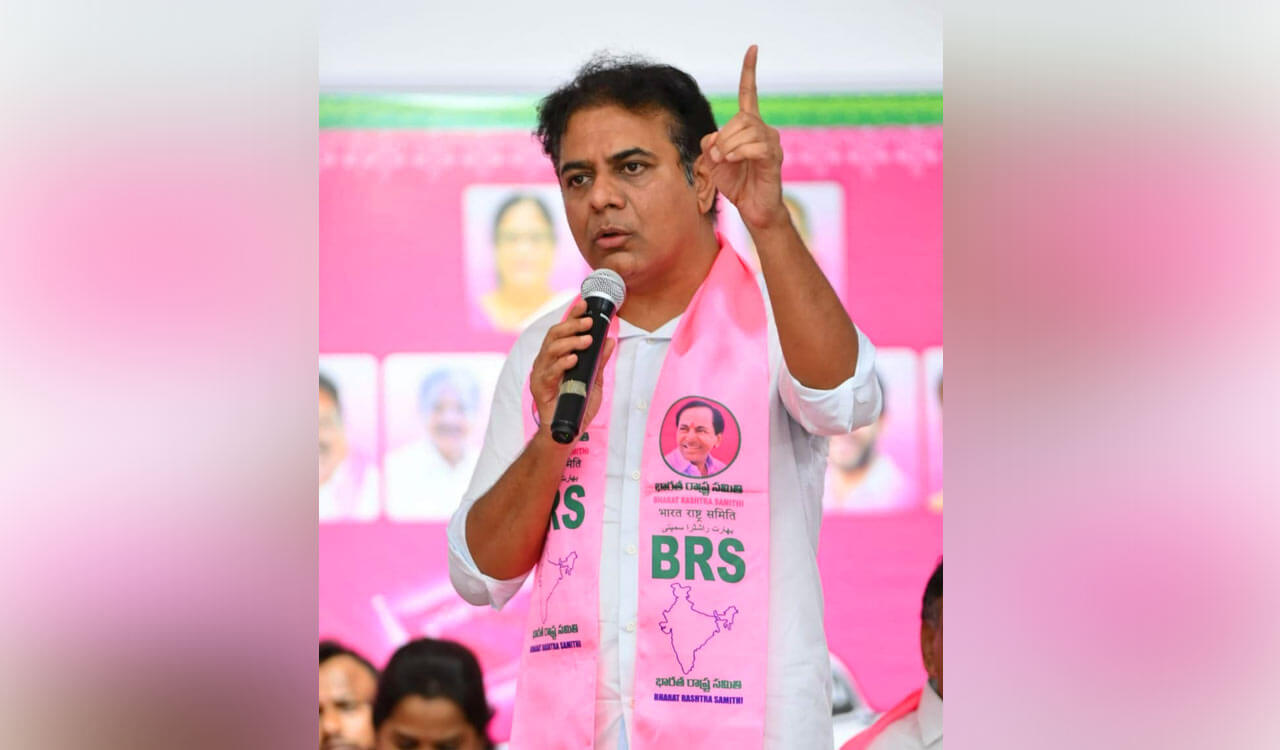
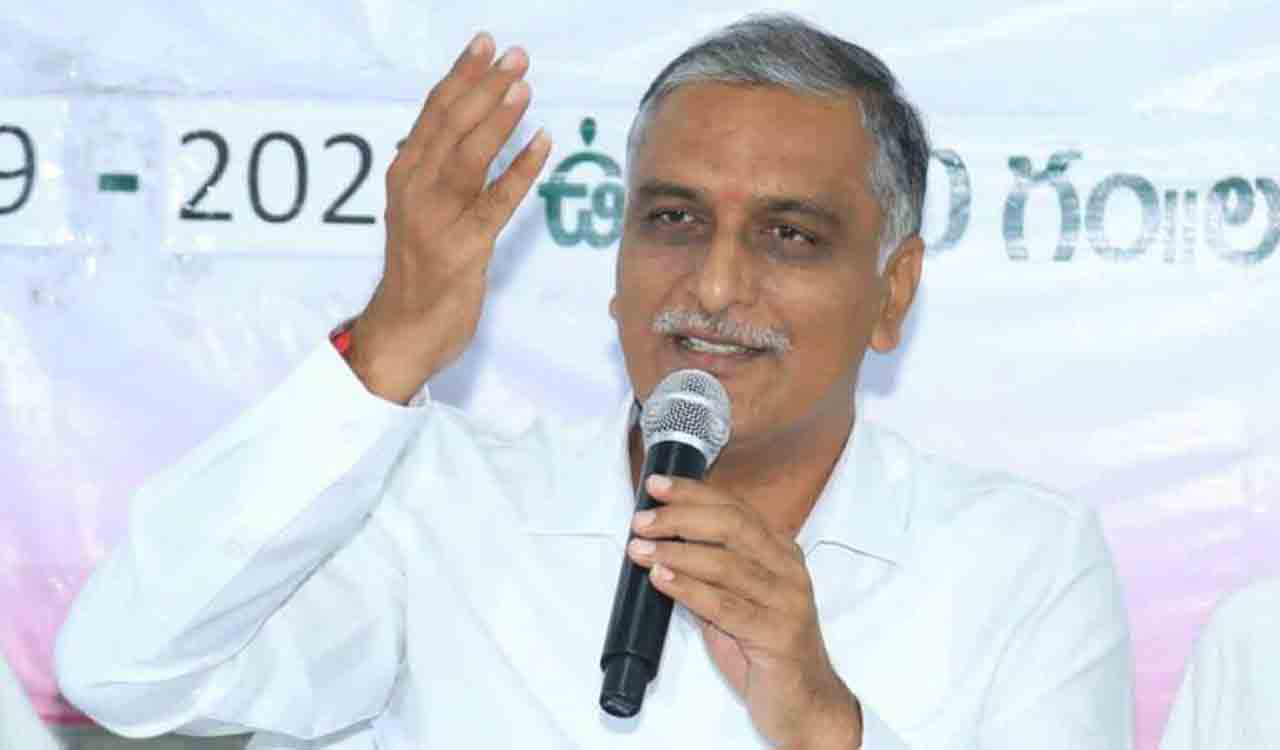
.jpg)
.jpg)
.jpg)
.jpg)
.jpg)


